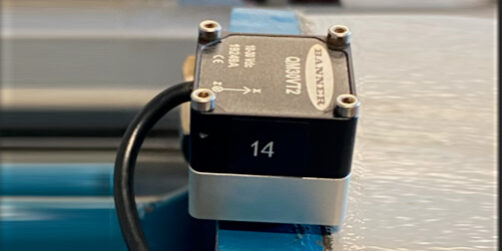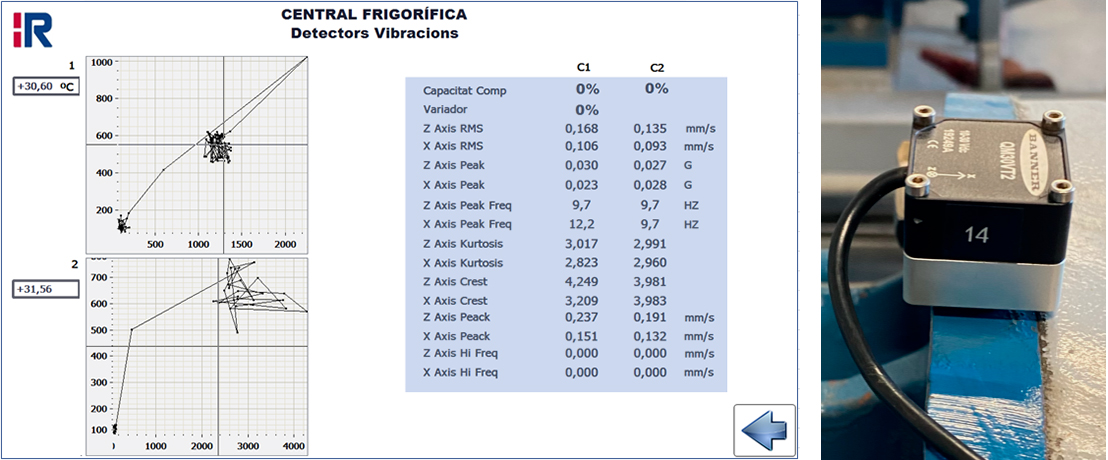The reliability requirements for various elements found in industrial facilities, as well as the efficiency demands driven by factors such as energy costs or regulations related to CO2 emissions associated with the activity, are increasing every day.
These demands, along with the growing difficulty for industries to afford backup units (especially for expensive equipment) to avoid production downtime that would result in significant economic losses in case of failure, have significantly heightened the importance of maintenance tasks and sparked a growing interest in predictive maintenance.
Towards the end of the last century, there was a major breakthrough in maintenance practices, with a shift from corrective maintenance to preventive maintenance in most cases. In recent years, there has been a growing trend of replacing or complementing preventive maintenance tasks with predictive maintenance, aiming to improve equipment reliability, increase its lifespan, and enable better cost recovery.
Predictive maintenance is rapidly evolving and benefiting from numerous innovations in different areas, such as wireless connectivity between components (IoT), monitoring of key performance indicators (KPIs) that provide real-time information about equipment operation and statistically indicate when a failure might occur, or access to cloud databases and the use of artificial intelligence to diagnose the real-time « health » status of a machine.
In Refrica, we always strive to provide you with the best possible service. To achieve this, since the beginning of the year, we have been implementing vibration monitoring systems in compressors to track their evolution and anticipate potential failures that could lead to downtime. This would be detrimental to the customer in terms of resource availability and the higher costs of repairs, which are always more expensive than planned maintenance.
Currently, we use equipment that measures vibrations in two axes (axial and radial alignment) to obtain the vibration spectrum of the compressor under different load conditions (variable frequency drive-controlled compressors). This allows us to detect anomalies in the condition of the bearings, for example, which could indicate the need to advance the preventive maintenance tasks recommended by the manufacturer.
Another strategy for conducting predictive maintenance involves extracting oil samples from the refrigeration system circuit to analyse its condition and determine whether it is necessary to advance the preventive maintenance interval based on statistical operating hours rather than the standard conditions. Actual equipment usage conditions may be more demanding than the established standard, leading to accelerated erosion and reduced lifespan. That’s why we periodically take oil samples from refrigeration systems and obtain diagnostic information about their condition using various parameters such as viscosity, water content, and the presence of suspended metals. This allows us to anticipate scheduled maintenance operations, such as oil changes.







